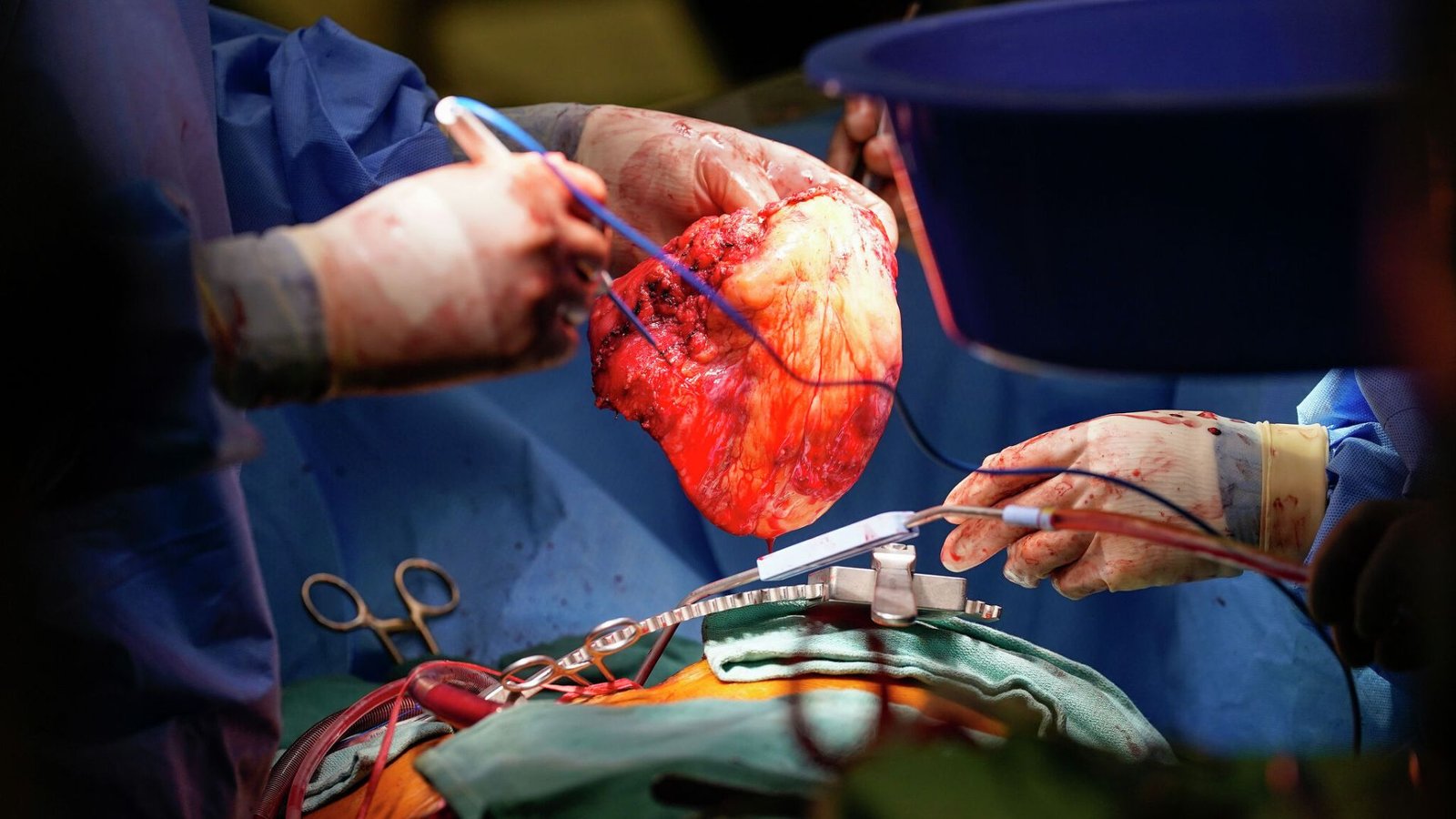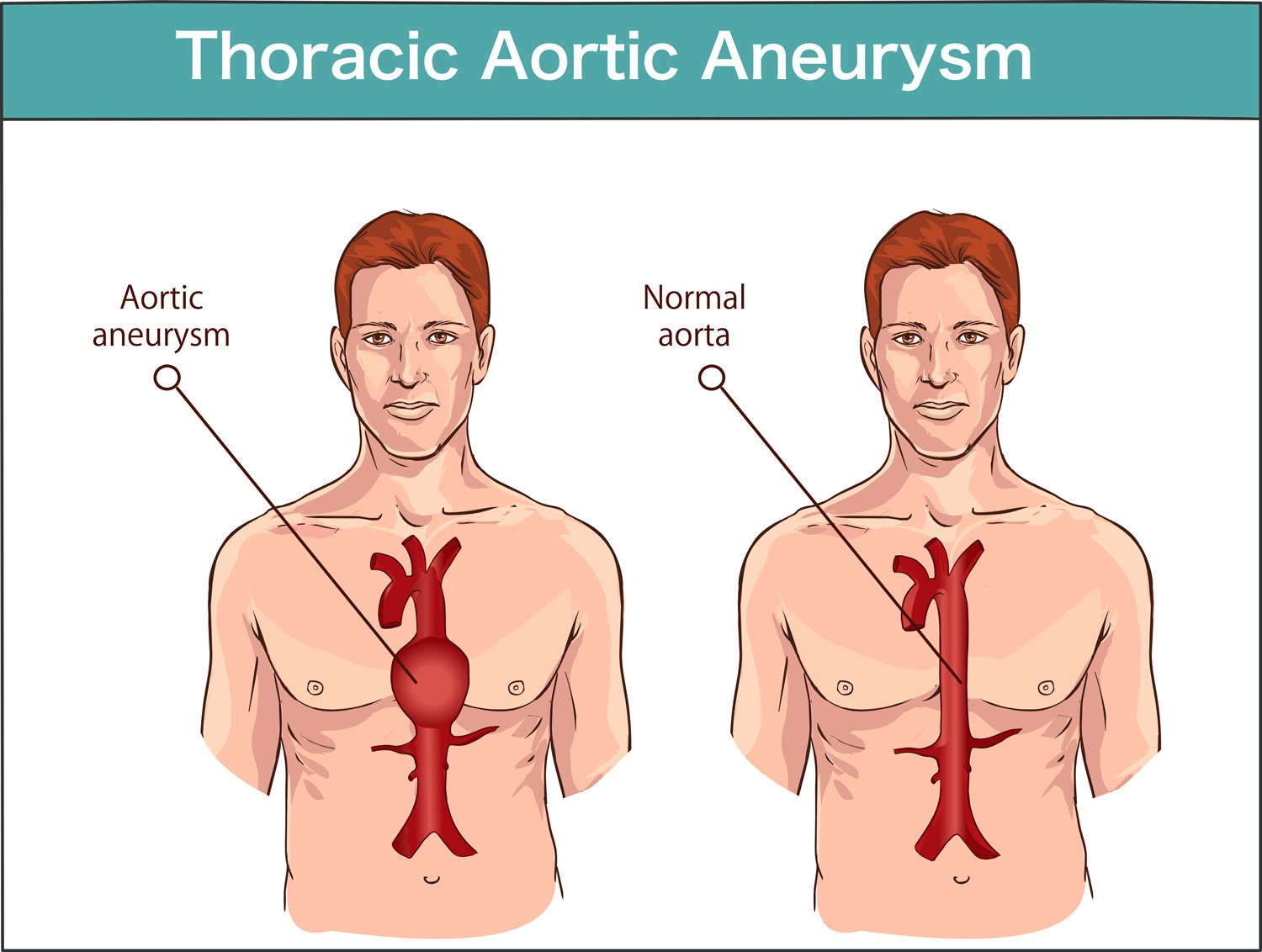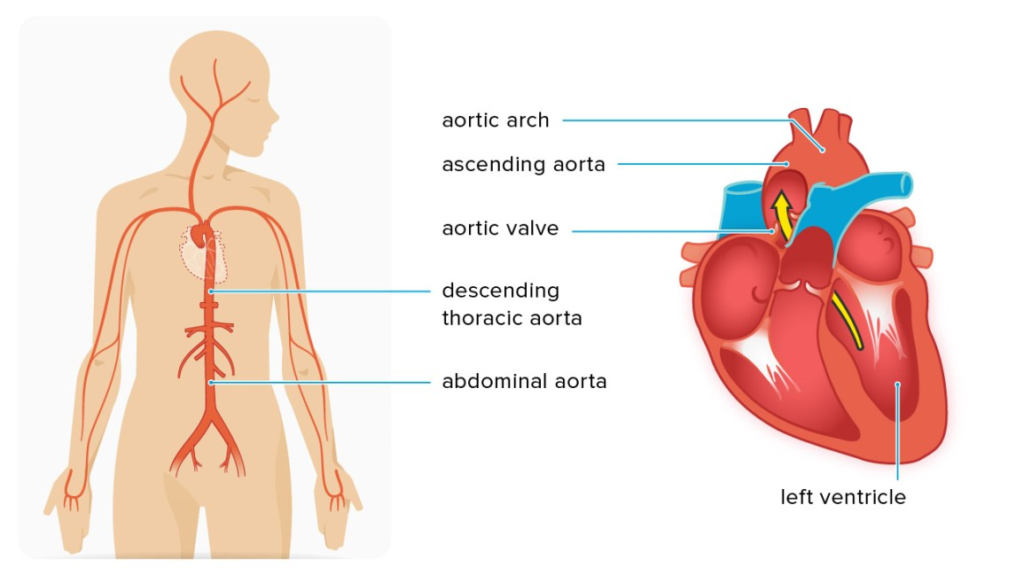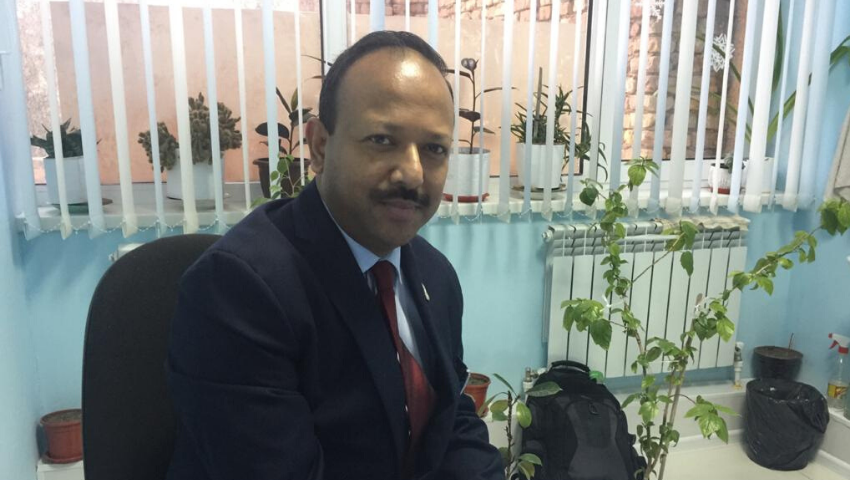
Things that are beneficial for people with diabetes
Diabetes is a condition in which the body does not produce enough insulin or cannot use it effectively. This can lead to high blood sugar levels. The problem of diabetes has become quite common. Controlling the blood sugar level in the body is very important in the case of diabetes. In such a situation, if you also have the problem of diabetes, then let’s know what you should eat during this time and what things should be kept away from
The problem of diabetes has become quite common in today’s time. Maintaining the blood sugar level of the body is very important in the case of diabetes. In such a situation, by taking a balanced diet, sugar patients can control their blood sugar levels.

There are two types of diabetes – type 1 diabetes and type 2 diabetes:-.
- Type 1 Diabetes- Type 1 diabetes can occur at any age. It is found in children or youth. It is an autoimmune disease. In this, the body stops making insulin. That is the cells of the body attack and destroy the pancreatic cells that make insulin. Type 1 diabetes can occur at an early age or even from birth.
- Type 2 Diabetes – There can be many reasons for type 2 diabetes. The main reason for this is obesity, hypertension, and poor lifestyle. In this, less amount of insulin is made in the body. In this, either insulin is made less in the body or the cells of the body are not sensitive to insulin. Type 2 diabetes is found mostly in adults.
If you are a type 2 diabetes patient, then let’s know what you should and should not eat to reduce your blood sugar levels and lead a healthy life.
Type 2 diabetes patients should eat these things: –
- Patients with type 2 diabetes should consume such things in which the amount of nutrients such as fiber, vitamins, and minerals is very high.
- Apart from this, it is important that you include such things in your diet in which healthy fat is found. Healthy fat helps in maintaining the cholesterol level in the body.
Type 2 diabetes patients should include these things in their diet:-
- Fruits (apples, oranges, berries, melons, peaches)
- Vegetables (broccoli, cauliflower, spinach, cucumber)
- Whole grains (quinoa, oats, brown rice)
- Legumes (beans, lentils, chickpeas)
- Nuts (almonds, walnuts, pistachios, cashews)
- Seeds (Chia Seeds, Pumpkin Seeds, Flax Seeds, Hemp Seeds)
- Protein-rich items (seafood, tofu, low-fat red meat)
- Black coffee, dark tea, vegetable juice
Patients with type 2 diabetes should not consume these things:-
- High-fat meat
- Full-fat dairy products (fat milk, butter, Cheese)
- Sweet things (candies, cookies, sweets, baked goods, ice creams)
- Sweetened beverages (juice, soda, sweet tea, sports drinks)
- Sweeteners (Table Sugar, Brown sugar, honey, maple syrup)
- Processed food (chips, processed meats, microwave popcorn)
- Trans Fats (Fried Foods, Dairy Free Coffee Creamers)
Keep an eye on carbohydrate intake:-
Patients with type 2 diabetes can lower their blood sugar levels by consuming a limited amount of carbs. In such a situation, it is important that you take care of how many carbs you are taking in the meal. Let’s know which things contain carbohydrates-

- Wheat, white rice.
- Dried beans, pulses, and other legumes
- Foods containing potatoes and other starches
- Fruits and fruit juices
- Milk and Yogurt (curd)
- Processed Snacks
What is Keto Diet?
Keto diet is a low carb diet with emphasis on foods rich in proteins and fats. Such as meat, chicken, seafood, eggs, cheese, nuts and seeds. The keto diet includes non-starchy vegetables such as broccoli, cauliflower, cabbage, kale and other leafy vegetables.
It excludes high-carb items including cereals, dry beans, root vegetables, fruits and sweets. It has been revealed in some reports that low carb diet helps in controlling blood sugar level in diabetic patients. This can also improve cholesterol level.
According to a study conducted in the year 2018, consuming a low-carb diet can improve blood sugar levels as well as reduce insulin resistance. Thanks for reading











